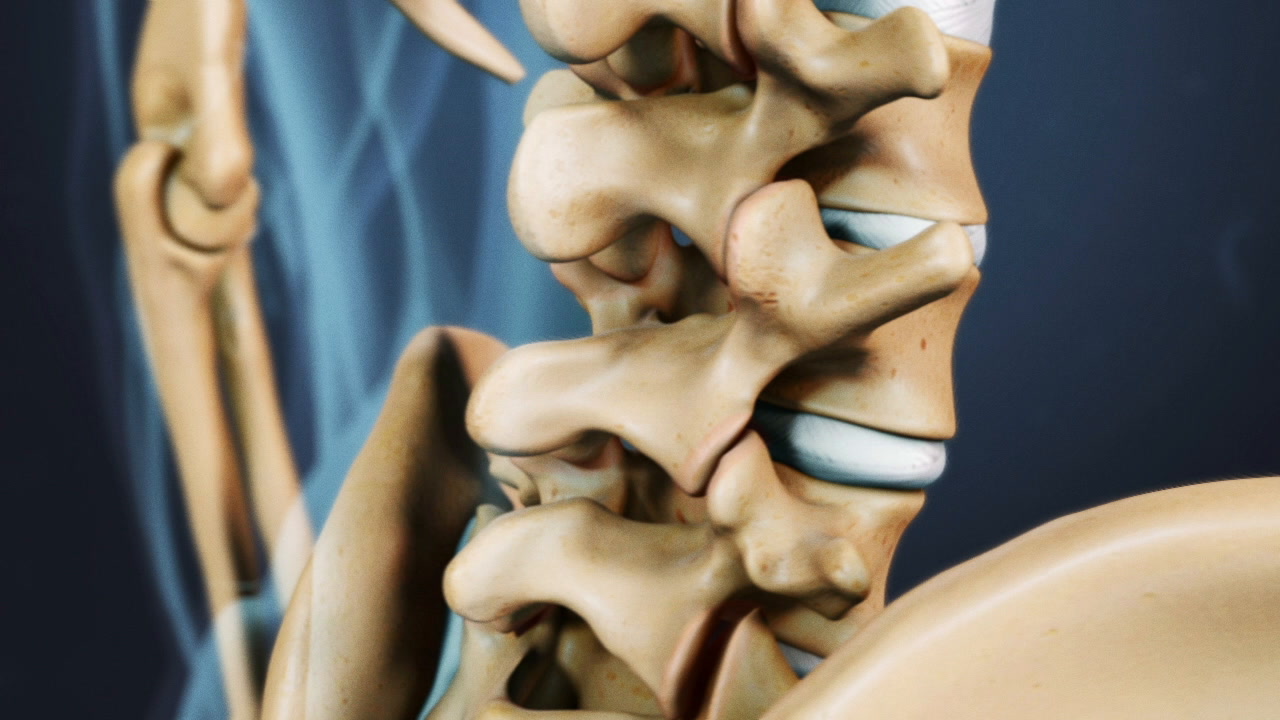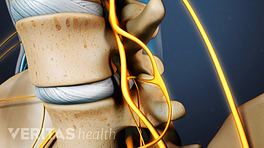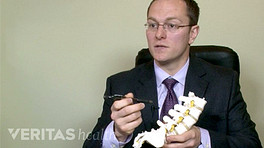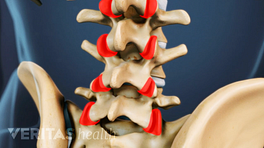Surgery is generally not recommended for spinal osteoarthritis alone. Surgery may be recommended if osteoarthritis is accompanied by another condition, such as spinal stenosis or degenerative disc disease.
Spine surgery is typically elective, meaning that the problem being treated is not a medical emergency. While the surgeon will tell a patient if surgery is a medically indicated option, the patient decides if and when to have surgery. People considering elective spine surgery should understand that:
- Surgery is not a first-line treatment, so the recommendation for surgery is only made after other nonsurgical treatments have been tried and have not satisfactorily relieved pain and other symptoms.
- Side effects and risks exist for any surgery. It is important that surgeons and patients discuss the alternatives, risks, and benefits of the procedure being considered.
- Recommended surgical procedures vary depending on the patient’s specific diagnosis and circumstances.
This page will discuss the types of surgery that may be recommended for people who have chronic pain related to spinal degeneration, including spinal osteoarthritis. Many of these surgeries use minimally invasive approaches to minimize tissue damage, encouraging a faster and less painful recovery. More than one procedure may be performed during the same surgery.
In This Article:
Spinal Implants
Osteoarthritis can contribute to instability in the spine and facet joint pain. Stabilizing a facet joint can take pressure off it and reduce pain. Stability may be improved with a spinal implant.
- Spinal implants are typically made of metal and designed to attach to a segment of the spine. Implants may be described as interlaminar or interspinous implants.
- An implant helps maintain space between the vertebrae and minimizes abnormal and/or painful facet joint motion.
- To the degree possible, the affected joints’ normal range of motion is preserved. Bending backward may be somewhat restricted.
There are many different types and brands of spinal implants. A surgeon will choose the spinal implant best suited to their patient’s needs.
Surgical requirements
This type of surgery is only recommended when a patient’s source of pain has been proven by diagnostic facet joint injections to originate from a specific facet joint.
Read more about Facet Joint Injections on Spine-health.com
Decompression Surgery
Osteoarthritis can contribute to changes in the spine that lead to impingement of the spinal cord (central canal stenosis) and/or nerve roots (spinal stenosis). The impingement can cause pain, numbness, and weakness in the arms and hands or legs and feet. The goal of decompression surgery is to reduce pain by providing more room for the spinal cord and/or nerve roots.
During a decompression back surgery, a small portion of the bone is removed to give the spine or affected nerve root more space. Examples of decompression surgery include facetectomy, foraminotomy, laminectomy, and laminotomy.
Read more about Lumbar Spinal Stenosis Surgery Options on Spine-health.com
Decompression surgery is not used to directly treat facet joint pain. It may be used when an osteoarthritic facet has become enlarged and is causing moderate to severe chronic pain.
While a decompression surgery may relieve symptoms, it cannot prevent future facet joint osteoarthritis or other spinal degeneration. Symptoms may gradually return.
A decompression procedure may be done in conjunction with another type of spinal procedure, such as a vertebral disc repair or fusion surgery.
Consider Treatment Options
Before any surgery, patients are encouraged to ask their treating surgeon to explain in detail the risks, benefits, and alternatives to the proposed surgery and answer all of the patient’s questions. Patients may also get a second opinion before deciding if surgery is the best option.
For most patients, committing to an extensive and rigorous nonsurgical treatment program, which typically includes rehabilitative physical therapy and exercise, will help them avoid the need for back or neck surgery.
Read more about Spine Surgery Options for Osteoarthritis on Spine-health.com











